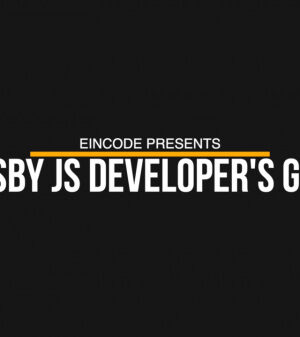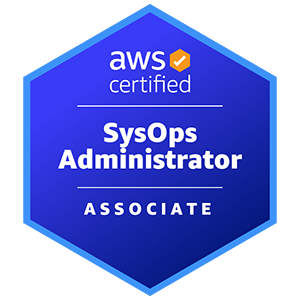
Data Modeling Fundamentals
Original price was: $999.00.$49.00Current price is: $49.00.
This Course is available for download now. You can contact us for Screenshots or Demo. Access for this course will be sent on google drive. Join our telegram channel to see updates and occasional discounts. If you want to pay through Paypal or Card contact us – On Telegram Click Here or contact on Mail – [email protected]
Description
2h 52m | Video: AVC (.MP4) 1280×720 30fps | Audio: AAC 44.1KHz 2ch | 1.95 GB Genre: eLearning | Language: English
The Data Modeling Master Class is a complete data modeling course, containing three days of practical techniques for producing conceptual, logical, and physical relational and dimensional and NoSQL data models. This video contains a majority of the content from the first module in this course.
This video provides an introduction into the field of data modeling by defining data model concepts and terms, along with why the data modeling process is so important and warnings of pitfalls to avoid. Shortly after the video starts, you will complete a very important exercise illustrating the four important gaps filled by data models. Next, we will explain data modeling concepts and terminology including entities, attributes, relationships, candidate keys, and subtypes, and provide you with a set of questions you can ask to quickly and precisely build a data model. Demonstrate reading a data model of any size and complexity with the same confidence as reading a book. We will complete several exercises, including one on creating a data model based upon an existing set of data. You will be able to answer the following questions by the end of this video:
What is a data model and what characteristic makes the data model an essential wayfinding tool?
How does the 80/20 rule apply to data modeling?
What three critical skills must the data modeler possess?
What six questions must be asked to translate aMB iguity into precision?
Why is precision so important?
What three situations can ruin a data model’s credibility?
What are three key skills every data modeler should possess?
What are entities, attributes, and relationships?
Why subtype and how do exclusive and non-exclusive subtypes differ?
How do different modeling notations represent subtypes?
What are candidate, primary, natural, alternate, and foreign keys?
What are the perceived and actual benefits of surrogate keys?
What is cardinality and referential integrity and how do they improve data quality?



